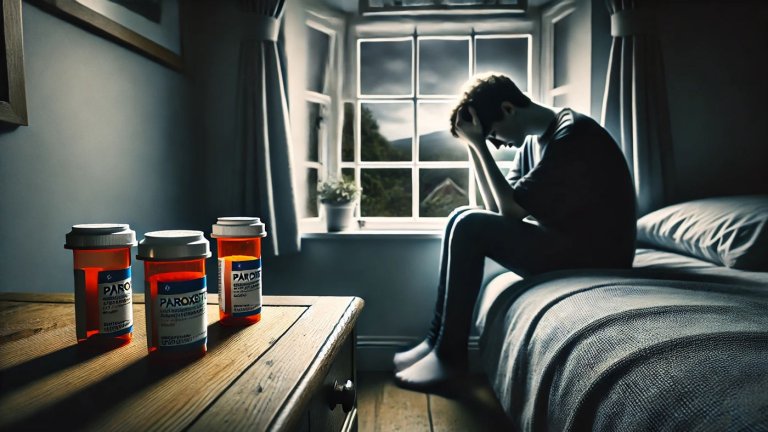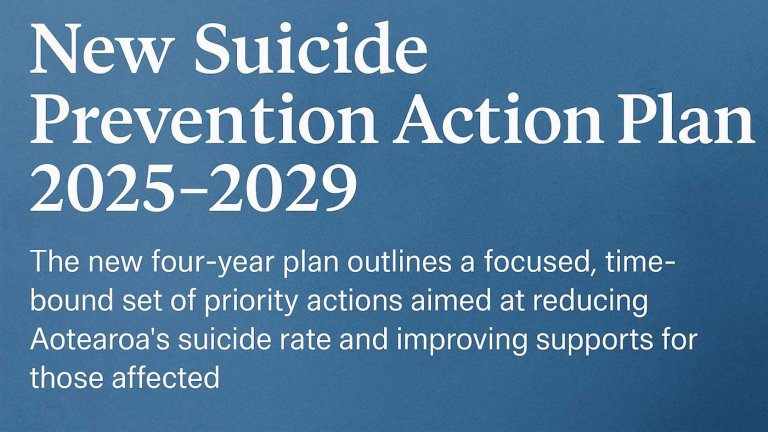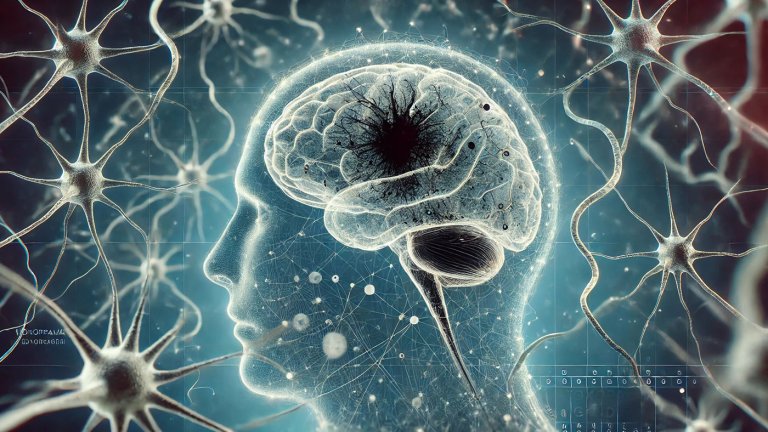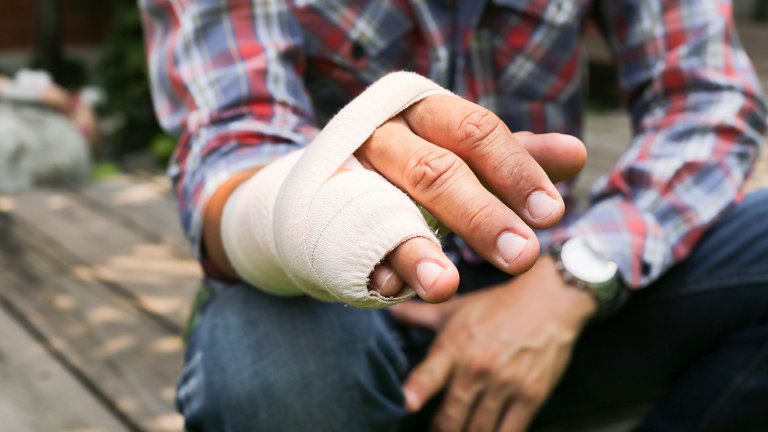My long road to redemption.
There was once a time when my parents feared for my future. I was a wayward child, but all children are to varying degrees, so it didn’t arouse much concern. At first. Eventually, as I emerged from the unwieldy cocoon of my toddler self and spread my sturdier school-aged wings, my impulsivity and explosive temper became more pronounced and more worrisome to those around me. I became increasingly unpredictable and difficult to counsel.
What those around me didn’t understand was the nature of my internal experience. What I didn’t understand was the nature of their internal experiences compared to mine; that my internal experience was abnormal. I was living with what would later be identified as “obsessive compulsive disorder”. Understandably for a child in that situation, I was bitter, easily frustrated and I loathed myself for being so sensitive to life’s demands. In my perspective everybody experienced confusing foreign thoughts, overwhelming compulsions and all the other obsessive compulsive needles, which were constantly jabbing at my mind. I blamed myself for being unable to cope with my own internal world, an internal world which I believed was the same as everyone else’s, and everyone else seemed to navigate theirs so easily (at least compared to me). From the outside, especially from the perspective of my attentive and loving parents who had not yet raised a child, my behaviour was disturbing, confusing and frustrating.
In primary school I developed a passion for reading, but my reading skills were woefully underdeveloped; underdeveloped enough to land me in a class for children, who as the reputable philosopher Derek Zoolander would say, couldn’t “read good”.This intervention was effective enough for me to eventually, in my second year of high school, end up in the top 2% of Australasia’s top high school writers. I had gone from being unable to read properly to producing high quality writing of my own. At this time my behavioural problems were still accelerating, and I was gravitating toward undesirable behaviours like theft and drug addiction. Fortunately, the aforementioned lesson about my ability to challenge and change myself had already been planted in my mind where it would remain, waiting to germinate, for over a decade.
By adulthood, I was ducking in and out of work and obtaining money illegally both when employed and when unemployed to fund my hectic, drug and alcohol fuelled lifestyle. At this point my body and mind were completely off balance; I spent the overwhelming majority of my time intoxicated. It wasn’t uncommon for me to show up to work adorned with the bruised eyes and split lips that inevitably result from an antagonistic attitude and an ill temper. Becoming more and more detached from reality, by virtue of both constant intoxication and an unjustified and self-serving persecution complex, my behaviours began to alarm even some of my closest friends (all of whom lived a similar, though slightly more orderly lifestyle).

Being an introspective as well as anunpredictable person, I soon began to question my own state of mind. I went to a doctor and was soon diagnosed with depression and prescribed psychopharmaceutical medication, more specifically selective serotonin reuptake inhibitors, or SSRIs. Although this kind of medication can be positively life changing it can also conflict with other substances, many of which I was still taking regularly. It is also generally intended to be an aid, a means with which an individual can gather the mental resources to make some important, positive life changes. For me, however, the medication served not as motivation to change but as an excuse not to. “It’s not my fault”, I told myself, “I was born this way and can’t change the way I think, feel and behave”. Over time my negative thinking patterns (which helped me to view those who wanted the best for me, those who urged me toward positive change, as misunderstanding and persecuting me) combined with my constant drug use to create a particularly aggressive and reactive person.
Despite my state of mind, which was steadily spiralling downward and sliding further from reality with each passing moment, I was still the kind of person who felt compelled to understand himself. Accordingly, in my early twenties I began to realise that depression was not the root of my mental problems, but was rather a symptom of something deeper, something axiomatic, something I couldn’t quite grasp long enough to properly examine. Thinking I might be afflicted with bipolar disorder, I approached my long suffering parents and asked if they could fund an appointment with a psychiatrist. As you can imagine, they were relieved that I was still self-aware enough to see how far I was falling, and they immediately agreed.
Upon seeing this psychiatrist for a short period of time, I was diagnosed with obsessive compulsive disorder and everything fell into place for me. It made sense. I understood more of myself than I ever had before. The foreign thoughts, the rituals which I was compelled to act out as if by force and everything else obsessive, compulsive and disordered; it all fit neatly into this new map of my internal world. Unfortunately, I was not yet ready to stop using my mental problems as an excuse for my behaviour. I, instead, wielded my new diagnosis as if it were a license to be irresponsible, impulsive and selfish. Because of this, despite becoming more stable and longsighted and attending university to study psychology, my descent eventually continued, and I resumed my compulsive drug use and illicit money making schemes. Unsurprisingly, I dropped out of university at the end of my second year, much to the disappointment of my hopeful parents.
After coming home from university I began to work whatever jobs I could get, which didn’t drug test and required little effort. The centre of my life was still intoxication and so an occupation was only as useful as the drugs and alcohol it could help me obtain. I had no desire to self-actualise, to pursue a meaningful career, to challenge myself in any way.

As I approached the age of twenty seven, I began to feel significantly worse than I ever had before. My anxiety became so bad that my limbs would shake, and I would even vomit out of panic. During all of this time there were multiple ideas and pieces of knowledge sprouting in my mind which would eventually bear fruit. One was the already mentioned lesson about my ability to change myself. Another was the warmth and patience exuded by my parents and how much I knew I was hurting them; surelymy natural state of being wasn’t supposed to harm the people I loved? The third concept which emerged slowly, like a creeping vine, was that I might be wrong about almost if not literally everything I knew. At the time this last belief took the form of nihilism, hopelessness and confusion while the other two beliefs were cast aside, pushed down into the dark recesses of my mind where I wouldn’t have to assimilate them. I was disoriented and hostile, much like a wounded animal that lunges at anyone who tries to help it. Nobody was going to pull the splinter from my paw except me, and I wasn’t ready yet.
This ominous veil draped over my consciousness would continue to darken until paranoia set in. I began to believe that there was a conspiracy of people who were spying on me. All it took was for the occupants of a passing car to hover their gaze on me for more than a split second and they were complicit, as were any cars following them. The position of my house also lent itself to this skewed thinking, as I lived on one side of a valley with multiple roads clearly visible on the other side. At night the headlights travelling that road would dance around like lightsabres, threatening me in a way which transcended all reason. This accelerating system of delusion was more emotional than logical; it wasn’t that my thoughts had become irrational as much as it was that they had become entirely subject and secondary to my emotions. Being anxious and angry all the time, my thoughts were all coloured by anxiety and anger. Delusion went from something encompassing my thoughts and feelings to something encompassing my entire being. That is when the anger stopped and there was nothing left but confusion, delusion and an intense pulsating fear which throbbed in my chest where my heart had once sat.
What followed is difficult to describe in words, partly because what I was experiencing was completely beyond my comprehension at that time, partly because the intensity of the experience changed and damaged my brain (particularly my memory) and partly because I was justifiably doped up on antipsychotic medication. Soon before this, before what would later be diagnosed as psychosis, fully consumed me; I recall seeing a light fixture fall out of the roof of the family home where I was fortunate enough to be staying at the time. In that state of mind this displaced light fixture could mean only one thing; somebody was either in the roof spying on me or had planted a camera in the roof for that purpose. Why anybody would do such a thing was explained, in my foggy mind, by my interest in conspiracy theories. The government, the GCSB, or whoever else were responsible not only for this light fixture incident but also for the “gangstalking” I believed I was enduring from passing cars. To this day, this light fixture still falls out of the roof of the family home on the odd occasion, but now I smile with faint embarrassment instead of shaking with panic.
During the height of the psychosis, which lasted for several months, I became virtually immobile. I was either sleeping or lying down silently on the couch staring at the television without registering what I was watching. I saw the images and I heard the sounds, but they were not streamed together to form a video. Instead they came across as a disjointed mess of random sensory input. If I concentrated, I could understand them, but concentration at that time was a costly endeavour and so I passively allowed the colours and vibrations to pass through my senses, mindlessly, like a foreign language. It was not only anxiety and delusion, which paralysed me for those two months but also depression. I would regularly wake up in the middle of the night feeling like my soul had been torn from my body and seared with unholy fire. These bouts of depression were so incomprehensibly intense and visceral that they felt life-threatening, like the mental pain alone would cause my head to explode.
Thankfully, that never happened. What did happen was the opposite; I began to gradually improve. This was achieved, at least in part, by making myself walk out in the sunlight while contemplating my own transgressions, my ability to change, and all the support I had from my loving family. Those walks were a particularly painful endeavour, because at that time seeing movement and hearing noises both caused me a great deal of mental pain, which I can’t describe in words. But without them I wouldn’t have been able to conjure up the positive energy to change my thinking, and as time went on the pain slowly withdrew and the psychotic symptoms fled with ever-increasing vigour. Soon the walks were more pleasurable than they were painful and the rumbling black clouds in my mind began to part, giving way to the warm, caressing light of wellness.






